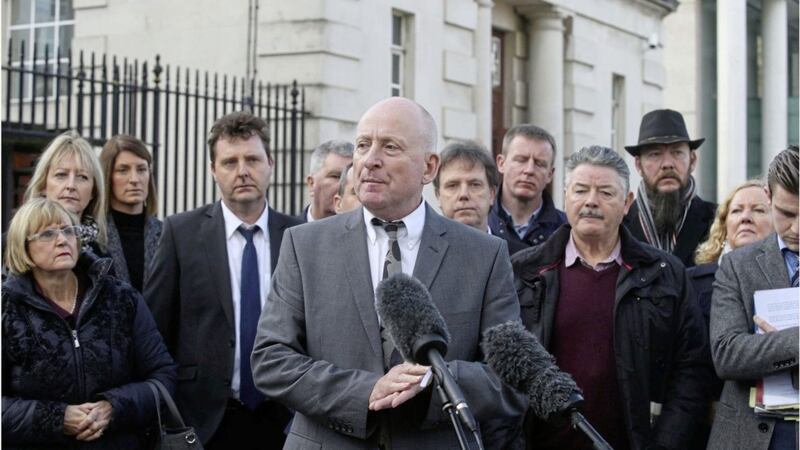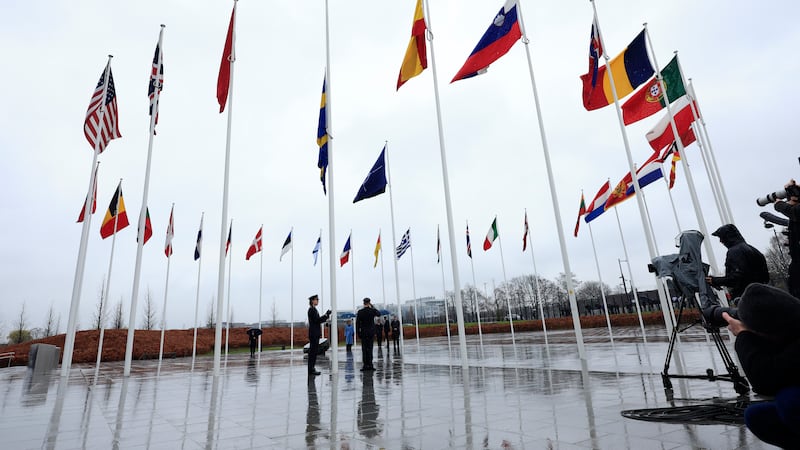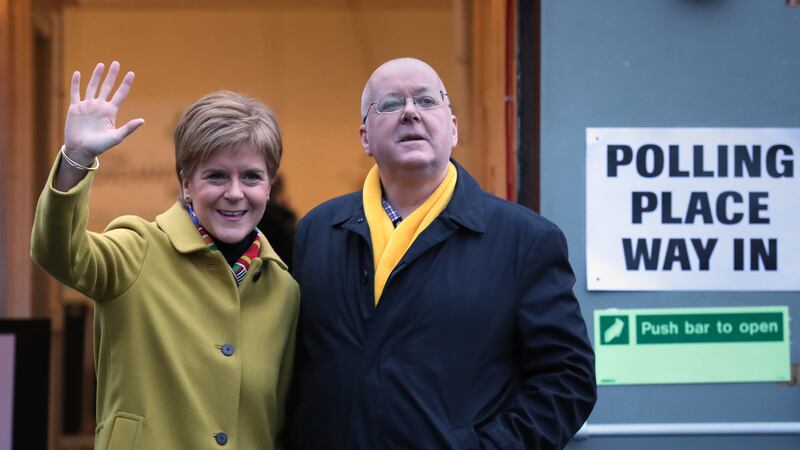A HIGH Court judge is to make an order compelling the Chief Constable to complete an overarching investigation into suspected state collusion with a loyalist unit behind more than 100 murders.
As Mr Justice Treacy set out the wider impact of legal complexities in the case, he said witnesses and those bereaved were dying without achieving any closure.
He said: "The very sad inescapable fact is that while these debates rage on at huge public expense the victims' families languish with no end in sight and the ever increasing realisation that nothing much may happen in their lifetime."
Earlier this year he ruled that police unlawfully frustrated any chance of an effective probe into the series of atrocities carried out by the so-called Glenanne Gang.
Relatives who lost loved ones were denied in their legitimate expectation that the now-defunct Historical Enquiries Team would publish a thematic report, the judge held.
The verdict was reached in a legal challenge brought in the name of Edward Barnard.
Mr Barnard's 13-year-old brother Patrick was among four people killed in a St Patrick's Day bomb attack on the Hillcrest Bar in Dungannon in March, 1976.
Five years later Dungannon UVF member Garnet James Busby was convicted after admitting his role in the attack.
The murder gang based at a farm in Glenanne, Co Armagh allegedly contained members of the RUC and the UDR.
Up to 120 murders in nearly 90 incidents in Mid Ulster and Irish border areas are under scrutiny.
They include outrages such as the 1975 Miami Showband Massacre, where three members of the popular group were taken from their tour bus and shot dead on a country road in Banbridge, Co Down, and the Step Inn pub bombing in Keady a year later, which claimed the lives of two Catholics.
It has also been linked to the murder of 33 people, including a pregnant woman, in the 1974 Dublin and Monaghan bombings.
A draft HET report into alleged security force collaboration with the killers was said to have been 80 per cent finalised before being shelved.
Mr Barnard and other relatives wanted to have police compelled to complete the full investigation and publish the findings.
His barrister said documents in the case revealed Busby named two other suspects who allegedly took the bomb to the bar.
He argued that the development represented fresh evidence in the case.
Counsel for the Chief Constable George Hamilton had insisted it would be an unnecessary step to force police to finalise an overarching report he claimed had yielded no new investigative opportunities.
Following his original ruling Mr Justice Treacy was urged to make an order of mandamus compelling the Chief Constable to conduct a lawful investigation, and complete and publish an overarching thematic report.
He was told the PSNI is set to appeal his judgment, with no steps taken to implement his substantive findings.
"No good reasons having been established in this case, I thus consider that mandamus is appropriate," he confirmed.
Before drafting the terms of his order he requested confirmation that there are no minutes or documents about the adoption of new terms of reference or the decisions of the Chief Constable and an Assistant Chief Constable referred to in the case.
Referring to the collusion allegations, he said: "I have no doubt that for some families their confidence has been undermined by delays which they believe are inimical to addressing their principal unresolved concerns.
"In the meantime witnesses or potential witnesses are lost and family members of the deceased die without any closure or resolution."
The judge added: "Furthermore, the anxiety of the surviving family members is not only undimmed but exacerbated by the delays of a system that appears powerless to stop it."
Solicitor Darragh Mackin last night said it was a "landmark decision for the families of the Glenanne gang in their pursuit of justice".
"Not only has the court confirmed that the decision not to investigate was unlawful but it has gone further to compel that such an investigation is now conducted in line with our clients' expectation," he said."We now urge the chief constable to put in place the mechanisms for such an independent investigation without any further delay."
Eugene Reavey, whose three brothers were murdered by the Glenanne Gang in south Armagh in January 1976, said it was a "big day for us"."It's a big help to all the legacy cases, not just Glenanne," he said.
Sinn Féin MLA Linda Dillon also said it was a "hugely pivotal day" but criticised police for appealing the decision.
"These kind of actions are undermining the confidence levels in the PSNI and new policing dispensation in the north," she said.
Former SDLP Policing Board member Dolores Kelly said police should "fulfil their legal and moral obligations to victims".
"Today was a victory for the Glenanne victims' families. They have been forced to fight for justice, it should not be denied to them any longer."
Mike Ritchie of Relatives For Justice and Anne Cadwallader of the Pat Finucane Centre were also critical of the PSNI.








